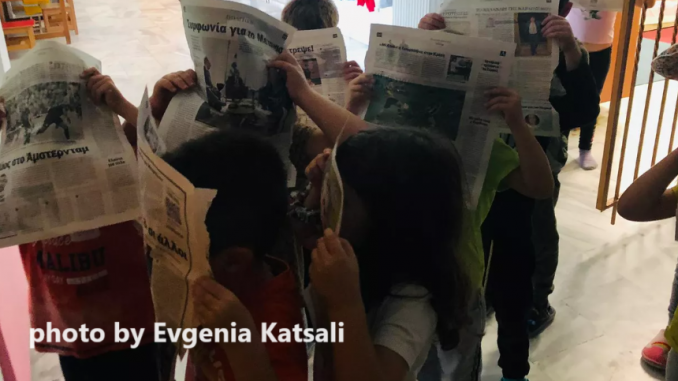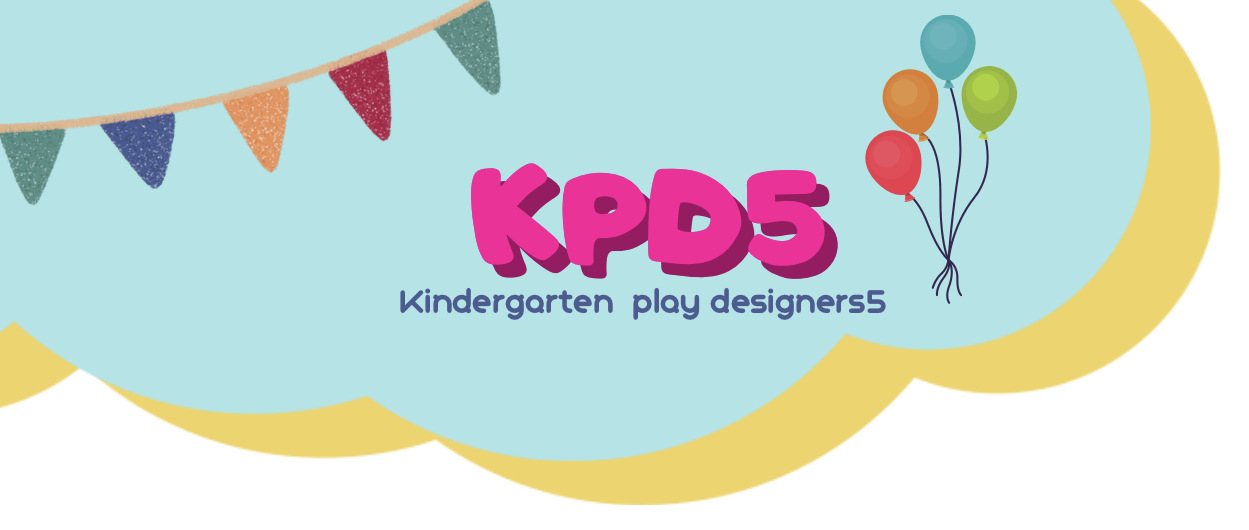
Presentation games in preschool education can play a significant role in enhancing various developmental aspects of young children. These games are designed not only for entertainment but also with educational goals in mind. Here are some educational significances of presentation games in preschool education:
- Language Development:
- Presentation games often involve storytelling, role-playing, and interactive dialogues. These activities contribute to the development of language skills in preschoolers, helping them build vocabulary, improve sentence structure, and enhance communication skills.
- Cognitive Skills:
- Many presentation games include puzzles, quizzes, and challenges that stimulate cognitive development. These activities encourage problem-solving, critical thinking, and decision-making, promoting the development of cognitive skills in preschoolers.
- Social Skills:
- Presentation games often involve group activities, fostering social interaction and cooperation among preschoolers. Through these games, children learn to take turns, share, and collaborate, developing important social skills that are crucial for later stages of education and life.
- Creativity and Imagination:
- Presentation games frequently incorporate elements of creativity and imagination, encouraging preschoolers to think outside the box. These activities help in the development of creativity, allowing children to express themselves through various mediums such as drawing, storytelling, and imaginative play.
- Motor Skills:
- Certain presentation games involve physical activities that help improve gross and fine motor skills in preschoolers. Activities like dancing, acting, or playing interactive games contribute to the development of coordination and motor skills.
- Attention and Concentration:
- Presentation games often require preschoolers to listen, follow instructions, and stay focused on the task at hand. These activities contribute to the development of attention and concentration skills, which are essential for future academic success.
- Learning through Play:
- Presentation games make learning fun and engaging for preschoolers. By integrating educational content into entertaining activities, children are more likely to be motivated to learn. This approach helps create a positive attitude toward learning from an early age.
- Cultural and Social Awareness:
- Presentation games can introduce preschoolers to various cultures, traditions, and social concepts. This exposure helps children develop an understanding and appreciation for diversity, promoting cultural and social awareness.
- Technology Literacy:
- In today’s digital age, some presentation games utilize technology to introduce basic digital literacy skills. While it’s important to balance screen time, age-appropriate educational games can help preschoolers become familiar with technology in a controlled and educational setting.
In summary, presentation games in preschool education serve as valuable tools for holistic development, addressing cognitive, social, emotional, and physical aspects of a child’s growth. The key is to integrate these games thoughtfully into the curriculum, ensuring that they align with educational objectives while providing an enjoyable learning experience for young children.
Let’s see what games each school chose:
Greece
In the 15th Kindergarten of Ptolemaida, the students presented themselves, using a mirror. Each child interviewed a classmate to get to know them better. The children connected with each other with balance games.
At the 48th Kindergarten of Athens, the children met a «balloon man» who could not hear their names very well and repeated them in a funny way, making the children laugh. They also played a balance game. The team encouraged and encouraged every child that took part.
At the 7th Kindergarten of Thessaloniki, the children played a card game. Each card had a different personal question for each student. They also played a game with the classroom rules.
The Amaranton kindergarten played a game with the children’s names. The children clapped as many hands as the syllables of each name. They also played the wheel with the questions.
In Muriki Kindergarten the children hid under a cloth. Their classmates had to recognize them. They also played a dating game with newspapers.
Portugal
At EB Durraes, the children played with the flags of the partners. With cards but also in a digital game.
Spain
At «Escola Espiga» they played with a digital wheel. Children answered personal questions on the digital wheel.
Lithuania
Kindergarten “Azuoliukas” Kelme/Lithuania played a connecting game in the circle.
In Kindergarten “Rugiagele” Siauliai, “Nykstuku” grupe” children learned the names of their classmates with a game of autumn leaves.
In «Rugiagele» Siauliai Kindergarten, children learned the names of their classmates with a ball game.
Romania
Kindergarten no 94 in Romania, played the game «We play with domestics animals and give good answers».
Latvia
The 1st preschool, Salaspils played three games. «My friend», «Hairstyke» and Touch me»
Bulgaria
Bulgaria
In «Kalina Malina» Kindergarten the children made constructions with recyclable materials.

